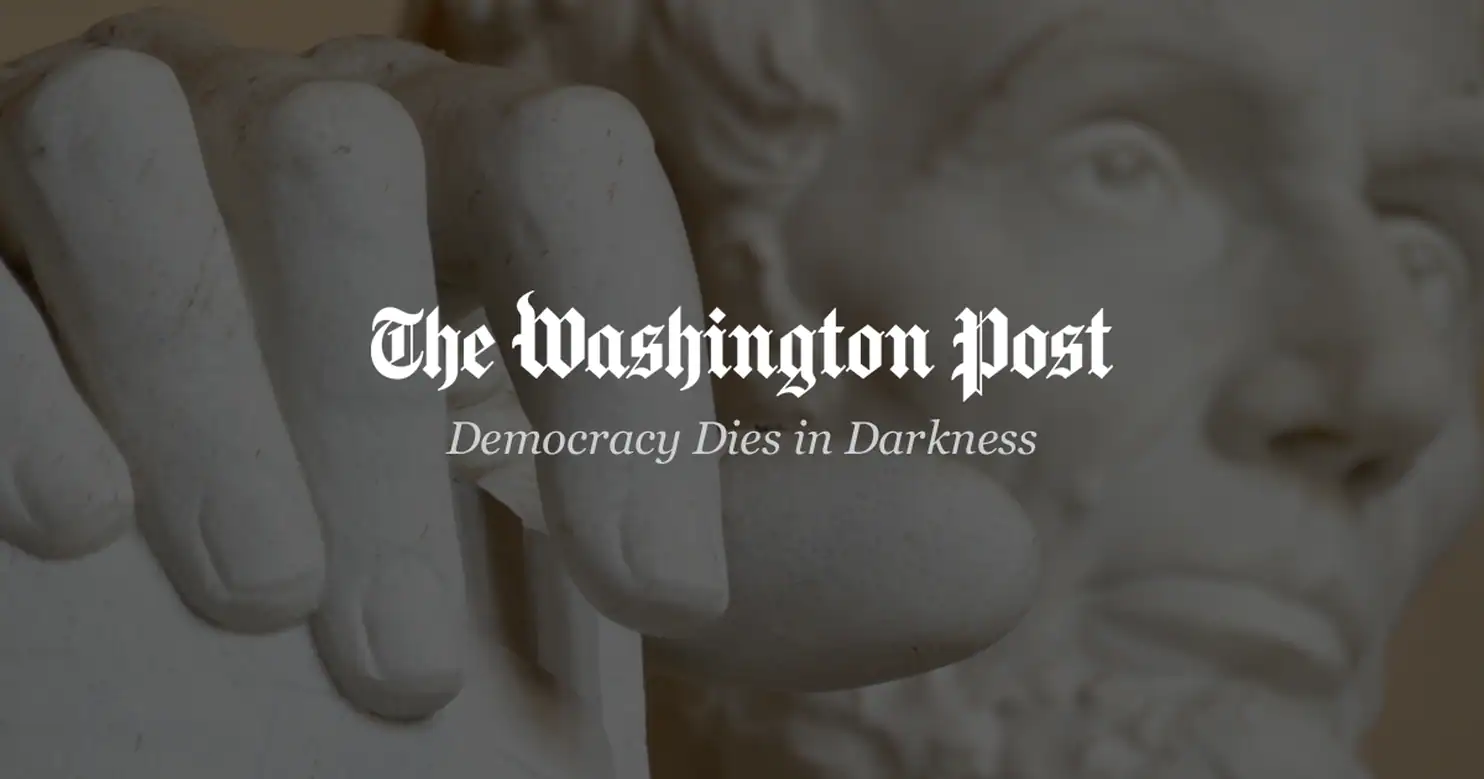
Odinga has until next Monday to bring his grievance before the supreme court, which will then have two weeks to decide whether to nullify the result and order a fresh vote — which must take place in 60 days. That would be a replay of 2017, when the court overturned the victory of Uhuru Kenyatta. Odinga, having lost narrowly in the first vote, boycotted the second.
So, doubt and disquiet may yet lie ahead. But Kenyans of the glass-half-full inclination already have some cause for relief: The anger in the Odinga camp over the result has not set off widespread violence. In late 2007, the last time the vote was this close, clashes broke out within minutes of results being announced and escalated into a tribal conflict that raged for weeks. Over 1,100 people were killed and 350,000 were forced to flee their homes before calm was restored.
There was a heavy toll on the economy, too: Kenya’s growth rate plunged from 7.1% in 2007 to 1.7% the following year. So, the absence of post-vote violence this time around should also reassure foreign investors eyeing East Africa’s largest and most dynamic economy.
But any relief may be replaced by anxiety about the management of that economy — witness the plunge in the Kenyan shilling’s value since results were announced. Growth has slowed from 7.5% last year, and Treasury Secretary Ukur Yatani’s prediction of 6.7% for this year looks overoptimistic. Even the World Bank’s more modest forecast of 5.5% may be hard to achieve.
The country’s economic challenges require urgent attention from a president undisturbed by political crises. In addition to the global effects of war in Ukraine, Kenya is caught in the middle of East African’s worst drought in decades. Inflation has inched up toward 9%, the highest in five years, and unemployment is reckoned at 14%.
The next president will be burdened by ballooning debt, a legacy of their predecessor. Under Kenyatta, public debt has surged nearly fivefold to $72 billion. With a debt to GDP ratio of 69.1%, Kenya is classified as being at high risk of distress by the International Monetary Fund. A Bloomberg Economics’ assessment on 50 developing economies ranks Kenya as the sixth-most vulnerable to a debt crisis.
Ruto and Odinga have very different ideas for dealing with the problem. Odinga wants to restructure Kenya’s debt to reduce servicing costs and free up resources for development. Ruto maintains that Kenya has the capacity to repay its loans. Whereas Odinga pledged to increase social spending, including a $50 monthly stipend to the poorest households, Ruto said he would focus on job creation by investing in agriculture, small business and industry.
There is not much hope of them cooperating. Ruto has ruled out reprising the arrangement between Kenyatta and Odinga, popularly known as “The Handshake,” under which they agreed to end disputes over the 2017 election and effectively share power.
So, if the results announced on Tuesday stand, Ruto and Odinga will duke it out in parliament, where their coalitions are evenly matched. Each will attempt to lure factions away from the other camp, which could lead to months of legislative inertia.
Paralysis in parliament is certainly preferable to blood in the streets, but Kenyans — and foreign investors — should expect to have their patience tested.
More From Bloomberg Opinion:
• Food Is Just as Vital as Oil to National Security: Amanda Little
• Obesity Is Stalking Poor Countries Where Hunger Once Reigned: David Fickling
• Higher Food Prices Aren’t Making Farmers Richer: Adam Minter
This column does not necessarily reflect the opinion of the editorial board or Bloomberg LP and its owners.
Bobby Ghosh is a Bloomberg Opinion columnist covering foreign affairs. Previously, he was editor in chief at Hindustan Times, managing editor at Quartz and international editor at Time.
More stories like this are available on bloomberg.com/opinion